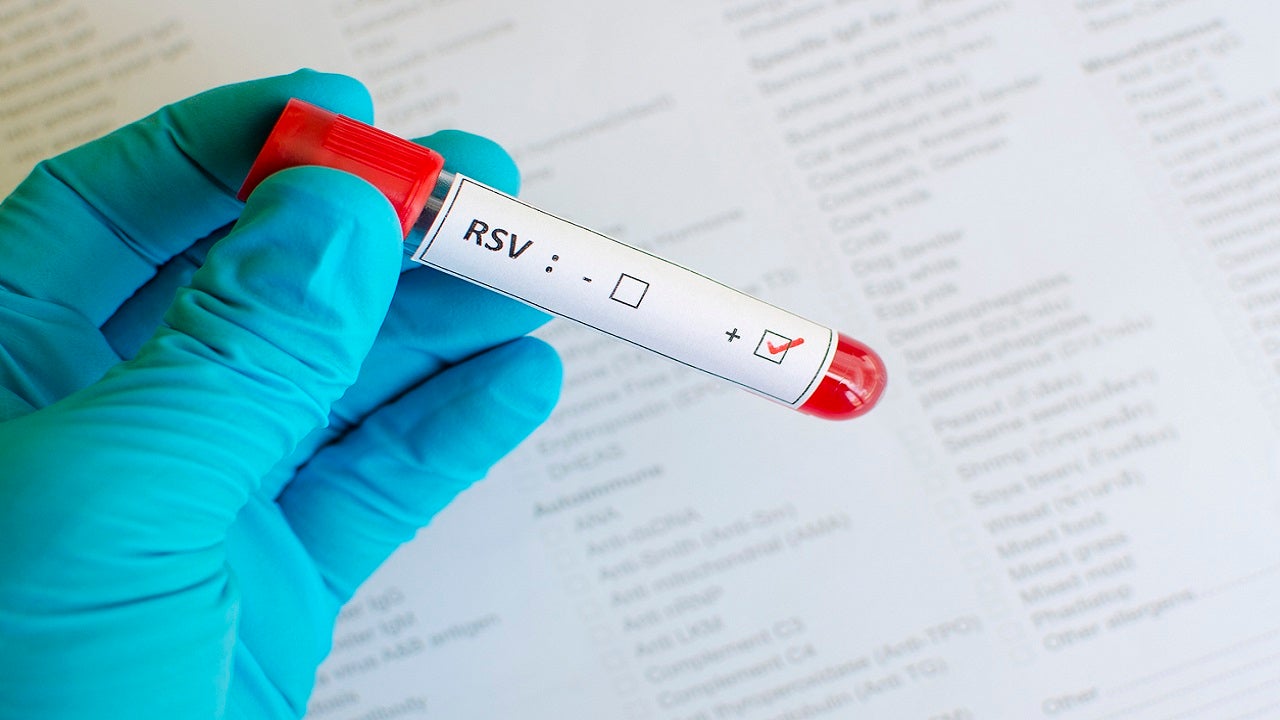A recent study out of Mississippi indicated a blood test was useful in determining patients facing an increased risk in cognitive decline, decades ahead of symptom onset.
Researchers have been looking to blood tests as an easier alternative to detect Alzheimer’s as opposed to pricey brain scans and spinal taps. The study from the University of Mississippi Medical Center comes after a blood test developed by C2N Diagnostics of St. Louis became the first to land on the market last December, and months prior, a team of researchers from Sweden made headlines when part of a three-cohort study across Colombia, Sweden and Arizona found signs of the cognitive disease 20 years before anticipated symptom onset, when using Eli Lilly’s blood test.
Researchers with the University of Mississippi Medical Center published findings on Aug. 4 in the Neurology journal, drawing on 2,284 patients with an average age of about 59. The team analyzed blood plasma levels collected over a 25-year span for an amyloid protein; beta-amyloid can become toxic when it accumulates in the brain, contributing to Alzheimer’s disease.
PUZZLES, CARD GAMES LATER IN LIFE MAY DELAY ALZHEIMER’S ONSET BY FIVE YEARS, STUDY FINDS
“In a healthy brain, this protein is cleared into the cerebrospinal fluid and into the blood stream,” Dr. Kevin Sullivan, lead study author and researcher at the Memory Impairment and Neurodegenerative Dementia (MIND) Center at UMMC, said in a news release. “Detecting a higher amount of this amyloid variant in the blood is actually a good sign in terms of dementia risk.”
Findings suggested higher plasma levels of the protein during midlife were linked to a lower risk of dementia over the following 25 years. While Sullivan said the blood tests aren’t quite ready for clinical use, they may prove useful in clinical trials in determining which patients face a higher dementia risk. Sullivan said he expects heightened interest in clinical trials for Alzheimer’s disease following the controversial FDA approval of aduhelm.
“Mississippi has an epidemic of Alzheimer’s disease and dementia in general, and the number of people with these conditions is increasing,” Sullivan added. “It’s becoming more and more important to find ways to stop or delay the onset of dementia. Even delaying the onset of dementia by just a few years would have enormous benefits for patients, their families and the health care system.”
CLICK HERE TO GET THE FOX NEWS APP
Oskar Hansson, professor of neurology at Lund University and consultant neurologist at Skåne University Hospital in Sweden, previously told Fox News that blood tests involving certain variants of another protein, tau, may prove to be even more effective in patients with clear, measurable memory impairment. In the future, both beta-amyloid and tau blood tests might be used in combination to reach optimal diagnostic accuracy, Hansson said.
The researchers affiliated with University of Mississippi said the next area of research involves plasma tau to determine whether it could serve as a useful blood biomarker.









